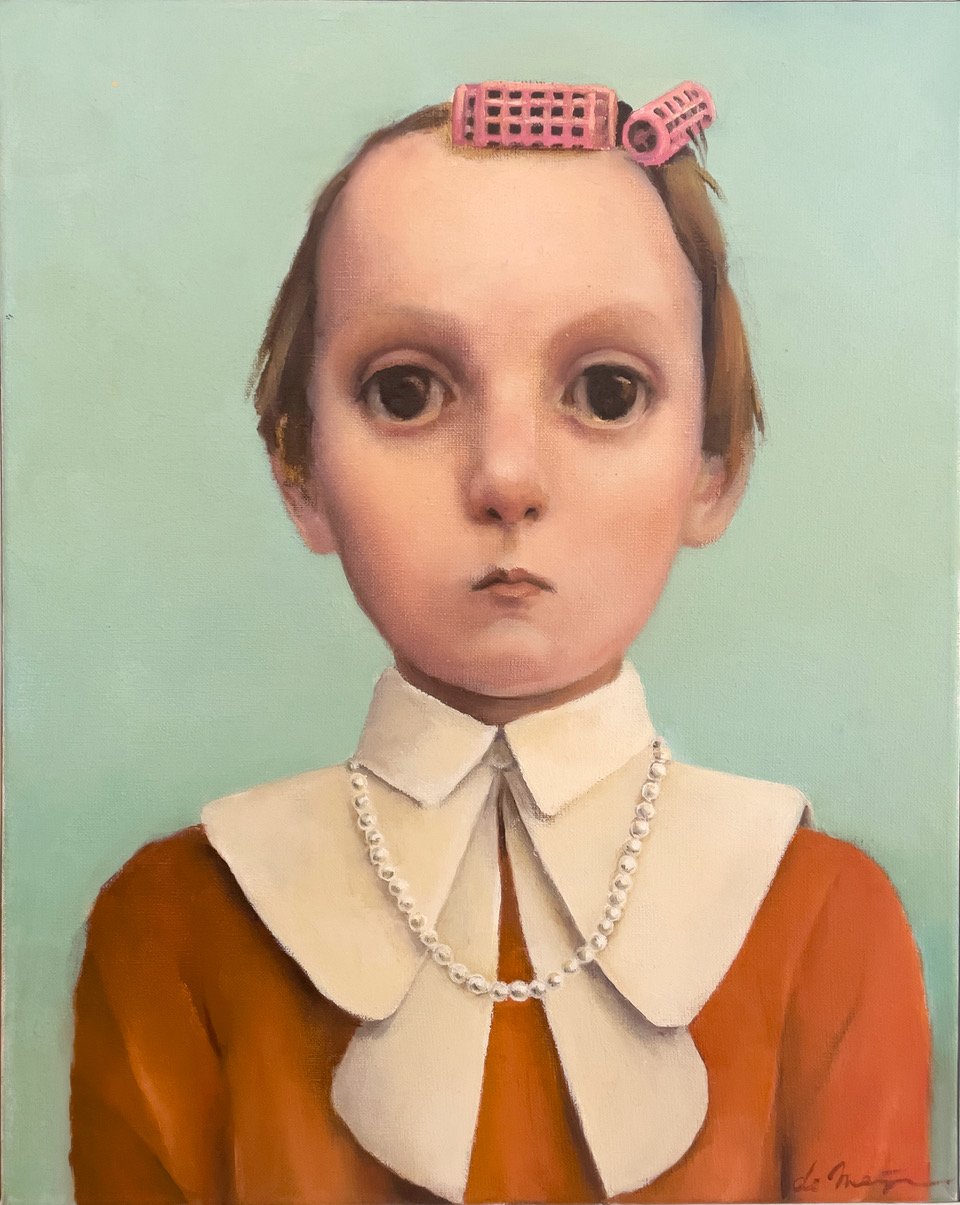Ellen de Meijer
Ellen de Meijer is on a mission to confront us with an uncomfortable truth that defines modern life. Despite an incredible technological revolution, we are still bounded by the limitations of our physical bodies, which have not yet evolved to catch up with these developments. De Meijer therefore sees us as primitive beings, rather than the evolved race we pretend to be, trapped by the confines of societal expectations. Despite the sophistication of contemporary lifestyles, our rudimentary beliefs in power, material possessions, and individual greed coupled with the lack of accountability still rule the societies around the world. The devastating consequences are starting to show on a global scale – from inequality to environmental disasters that threaten to change our planet and our lives forever.
Ellen de Meijer depicts a pervasive social behavior that she calls Kitsch – with manifestations of wealth, consumerism, and the importance of status and possessions. Kitsch is the lipstick of society. You, me - we’re all part of this circus. All of us have agreed to keep up with our harmful and fake appearances, – says the artist. The proliferation of the social media even further expanded the harmful ideas of superficiality and attempts to keep up with the Joneses (or the Kardashians).
In her works de Meijer has created universal archetypes who appear harsh, egocentric, and even Darwinist, while simultaneously seeming helpless and lost. Often dressed in too-tight tailor-made outfits that burst with image building they allow little room for individual expression. Bound by financial and social constraints, these figures have adopted conforming, cattle-like behavior to avoid conflict or discomfort – the new norm - as if the force of evolution drives their actions.
Yet she feels a deep compassion for these character stereotypes, who are both simultaneously present- day heroes and victims. While they seem to be empty souls, with their trademark small mouths they become somewhat adorable, even childlike. Children are portrayed as mostly victims, and often express a subtle dissatisfaction in their eyes, blaming their parents for the world they have inherited.
In support of her mission and chosen themes, de Meijer often incorporates absurd references to modern life, and her characteristically minimalist compositions enhance the inner austerity of the world that her characters inhabit.



